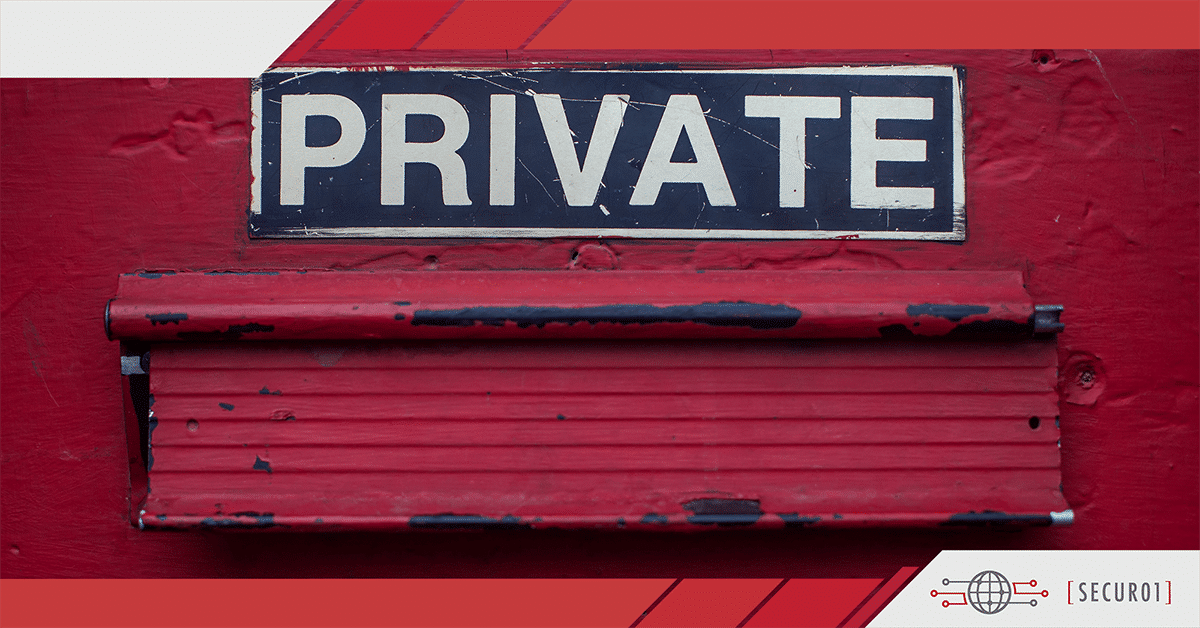It is no secret that technology has changed the way numerous business owners run their companies. Therefore, everyone needs to make sure they can leverage their technological devices to the maximum effect possible for each user account.
With this in mind, cybersecurity is more important than ever. The reality is that even though technology has advanced, cybercrime is as advanced as well. Hackers have worked hard to stay up-to-date on the latest advances that have taken place in the technological field. As a result, cybercrime is also more coffee than ever. Now, organizations scattered across every industry are looking for ways to improve cybersecurity.
This is where a cybersecurity audit can be helpful. A security audit is an evaluation of the company’s comprehensive security protocols to make sure they are running smoothly. These audits can also help small businesses that cover holes in their security system. In this manner, a cybersecurity audit can help companies detect holes in their systems before hackers exploit them. There are several types of security assessment that every business owner should conduct regularly.
A Risk Assessment Audit for Security Controls
Risk assessments are among the most common types of security audits. The goal of a risk assessment audit is to help companies identify, estimate, and prioritize different tasks related to the cybersecurity capabilities of the organization. These security audits are essential because they allow companies to evaluate their abilities to respond to specific types of issues. In this manner, a risk assessment security audit can also help identify the security criteria they need to meet.
Furthermore, many businesses operate in industries that are heavily regulated. There might be severe compliance issues with which companies need to comply. In this manner, a risk assessment audit can also help companies make sure they comply with these regulations. The penalties for not complying with these regulations can be almost as bad as hackers gaining access to the company. For this reason, no matter what industry in which businesses operate, it is vital to use a risk assessment audit to identify issues regularly.
A Vulnerability Assessment To Keep a Network Secure
Another common type of security audit that companies need to conduct regularly is called a vulnerability assessment. The goal of a vulnerability assessment is to uncover flaws that might be located in a company’s security procedures, designs, or implementation of specific internal controls. Vulnerability assessments are commonly used to look at the company’s security measures comprehensively. The goal of this assessment is to look for weaknesses that might be systemically spread throughout the security system. Then, the company will compare its security measures to some of the best practices in the industry today. Finally, if something has to change, then the company will update its security protocols to patch these vulnerabilities and prevent a cyber attack that might leak sensitive data from network devices.
During vulnerability assessment, the company’s IT team or an outside expert will examine and determine whether or not there a particular security system flaws that could be in danger of being exploited. One of the ways they might do this is to run a specific software scan. This scan will look for holes in the company’s cybersecurity measures, such as the firewall, and test the network both from the inside as well as outside to figure out if something needs to be corrected to adhere to specific security standards. A vulnerability assessment is one of the most critical types of security audits because this helps companies identify flaws in their cybersecurity systems before a hacker can get access.
A Penetration Test for Access Point Assessment
Another type of security audit that a company should conduct regularly is called a penetration test. These tests are commonly run by people called ethical hackers. These are hackers that are paid to try to gain access to a company’s internal workings in the same manner as a traditional hacker. In this fashion, an ethical hacker can take part in a penetration test that can identify weaknesses that could be triggered or exploited, leading to a potential cybersecurity breach.
One of the significant advantages of this type of test is that it can provide a tremendous amount of insight into potential loopholes that might be present in the infrastructure. Usually, ethical hackers and penetration testers are experts in the latest hacking methods. They can use them to uncover weak points that might be present in the cybersecurity systems. This might include mobile platforms, cloud technology, and operating systems. Today, most businesses operate in a world that is more connected than ever before. As a result, there are also more entry points for hackers and other criminals than ever before.
Furthermore, it is essential to note that there are lots of different types of penetration tests. For example, there are internal penetration tests that are designed to focus on internal systems. On the other hand, an external penetration test will focus on assets that might be publicly exposed. Furthermore, many companies use something called a hybrid penetration test that provides them with a greater degree of insight. It is vital to approach a penetration test from a comprehensive overview. Then, an ethical hacker can uncover specific flaws that might be present in the system.
A Compliance Audit
Finally, another type of security audit is called a compliance audit. This type of audit is necessary for any business that has to comply with specific regulations in the industry. For example, certain companies in healthcare, finance, and government work need to make sure that their cybersecurity measures are up to snuff. There are specific regulations they have to meet, and a compliance audit is designed to show whether or not an organization or business meets the regulations in this industry.
A compliance audit is important because companies that refuse to do so could be susceptible to fines. Furthermore, clients do not want to work with a company that does not meet the regulations of the industry. As a result, a company could lose customers or clients if they refuse to do this audit regularly. The goal of this type of cybersecurity audit is to examine the policies of the company, look at access controls, and ensure that all regulations are being followed to improve computer security.
Leverage the Best Practices in Regular Security Audits and Identify Security Risks
These are a few of the most common types of cybersecurity audits that companies need to perform regularly. During a cybersecurity audit, it is crucial to make sure that all employees are informed of what is happening. During the audit, everyone has to make sure that they gather as much information as possible so that they can find flaws that might be present in this system. During an audit, it is a good idea to use an audit checklist for assessing the security of operating systems as well as physical security, particularly given the prevalence of remote access. Finally, companies might want to consider hiring an external professional to do the audit. This is an objective professional who will provide companies with unbiased, sensitive information. Then, companies can use this information, which identifies weaknesses, to improve information security, systems security, and update the security strategy.





